May 6, 2025 | 14:55 GMT +7
May 6, 2025 | 14:55 GMT +7
Hotline: 0913.378.918
May 6, 2025 | 14:55 GMT +7
Hotline: 0913.378.918
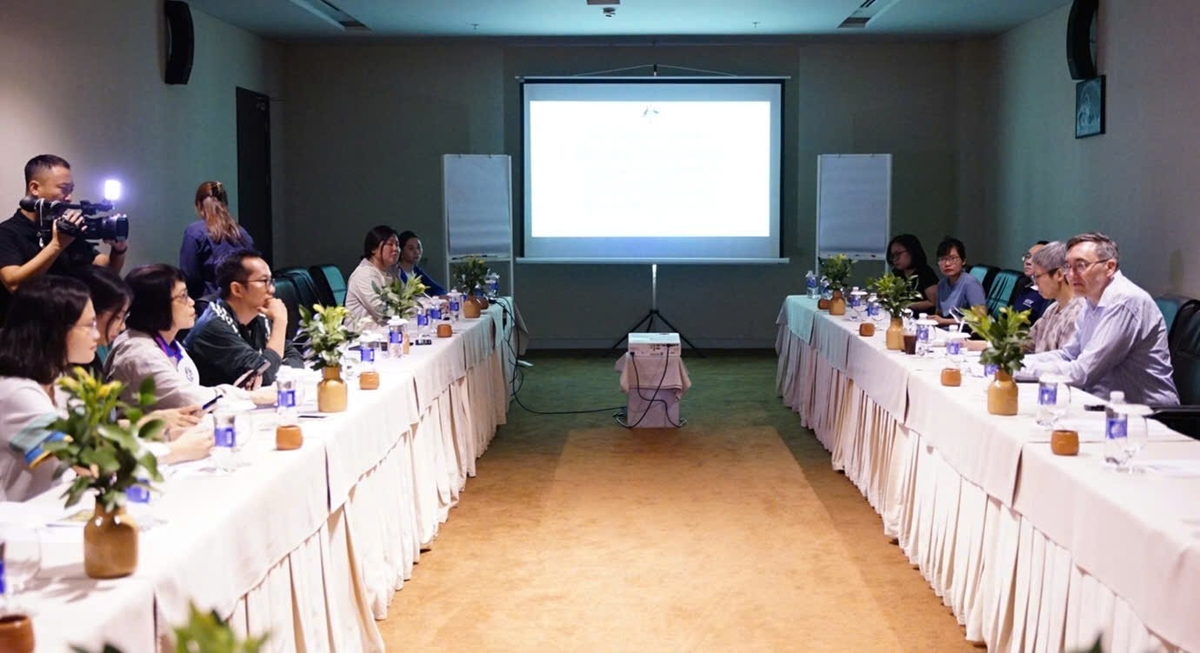
Briefing on media tour in Lam Dong province on May 5. Photo: Linh Linh.
Building on the Comprehensive Strategic Partnership, Australia is working closely with Vietnam to support its prosperous, secure, and stable goals. The partnership spans political, security, economic, developmental, and people-to-people domains.
The Australian Consulate-General in Ho Chi Minh City is organizing a field survey tour for media representatives to agricultural development projects in the Central Highlands and Khanh Hoa from May 5 to May 9. The program aims to enhance journalists’ understanding and facilitate meetings with project implementation partners sponsored by the Australian Center for International Agricultural Research (ACIAR).
Speaking at the media briefing, Mr. Brent Stewart, Deputy Consul General of Australia in Ho Chi Minh City, emphasized the critical role of the media in providing information to communities. Mr. Stewart noted that the Vietnamese public is already familiar with Vietnam-Australia cooperation in education, economics, and trade, particularly following the elevation of bilateral relations to a Comprehensive Strategic Partnership in 2023.
However, he pointed out that many agricultural development initiatives undertaken by the Australian government in Vietnam remain relatively unknown to the broader public. Therefore, the Deputy Consul General expressed hope that field surveys, such as this visit and the upcoming trip to the Mekong Delta in 2024, would enable journalists to better understand and widely disseminate information about these projects to the community.
During the survey in the Central Highlands and Khanh Hoa, the press delegation will visit various high-tech agricultural projects, notably the vertical farm model operated by the Orlar company. Representatives from the Australian Consulate-General will also provide detailed insights into ACIAR’s role and contributions in Vietnam. The Center is a part of the Australian government’s Development Assistance Program, which has been active for over 30 years and supports sustainable agricultural development in Vietnam.

Mr. Brent Stewart, Deputy Consul General of Australia in Ho Chi Minh City, emphasized the critical role of media in providing information to communities. Photo: Linh Linh.
An ACIAR representative stated that since 1993, the organization has executed more than 260 projects in Vietnam with total investments of approximately AUD 184 million, focusing on enhancing agricultural productivity and climate change resilience. For the 2025-2030, ACIAR has committed approximately AUD 23 million towards research projects aimed at transforming Vietnam’s food systems.
Strategically, Australia is partnering with Vietnam to help achieve its 2030 targets and its goal of becoming a high-income country by 2045. Australia’s development efforts focus on economic growth, skills and human resource development, climate change, gender equality, disability, and social inclusion. These priority areas reflect Australia’s strengths and align with Vietnam’s needs, complementing other development partners’ initiatives.
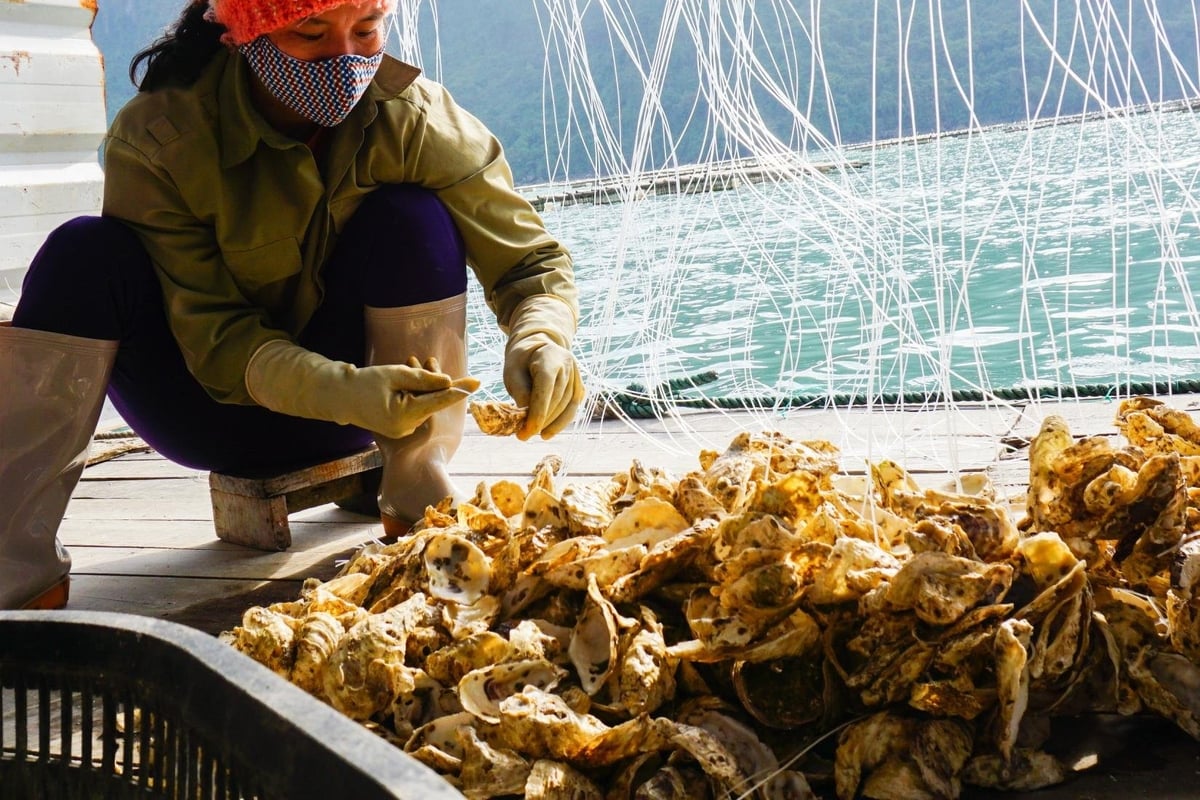
Australian support has significantly impacted agriculture and tourism, training over 27,000 women, materially supporting over 20,000 women, and positively influencing the incomes of more than 15,000 women. Photo: ACIAR.
ACIAR’s agricultural research collaboration will contribute to five of the six key pillars of the Vietnam-Australia Comprehensive Strategic Partnership, including economic integration, knowledge building and people-to-people connections, climate, environmental, and energy cooperation, innovation and digital transformation, and strengthening regional and international collaboration.
Notable achievements from Australia's broader development cooperation include significant increases in vocational training enrollment among women and disabled persons, extensive provision of sexual and reproductive health services, and strategic research through the Vietnam Australia Centre informing Vietnam’s 2045 vision and national policy documents.
Additionally, Australian support has significantly impacted agriculture and tourism, training over 27,000 women, materially supporting over 20,000 women, and positively influencing the incomes of more than 15,000 women. Governance improvements have also been noteworthy, with comprehensive citizen surveys across all provinces aiding policy and service delivery enhancements.
In the coming years, ACIAR aims to further enhance Vietnam’s agricultural research capacities, particularly in regions such as the Central Highlands, Mekong Delta, and the Northwest. Projects will focus on boosting production skills, improving incomes for smallholder farmers, women, and ethnic minority communities, and promoting integrated farming systems, food safety practices, “One Health” approaches, effective natural resource management, and climate change adaptation.
As part of the program, the Australian Consulate-General in Ho Chi Minh City, ACIAR, and a media delegation will visit the Western Highlands Agro-Forestry Scientific and Technical Institute (WASI) in Lam Dong to learn about the Australian-funded project addressing sustainable solutions for cassava diseases in Southeast Asia. They will also visit Orlar Vietnam’s vertical farm, engage with experts, observe training sessions on Monitoring, Control, and Surveillance (MCS) related to Illegal, Unreported, and Unregulated (IUU) fishing at Nha Trang University, and tour the Asian Development Bank-funded project aimed at improving water use efficiency in drought-affected provinces (WEIDAP) in Krong Buk, Dak Lak province.
Translated by Linh Linh
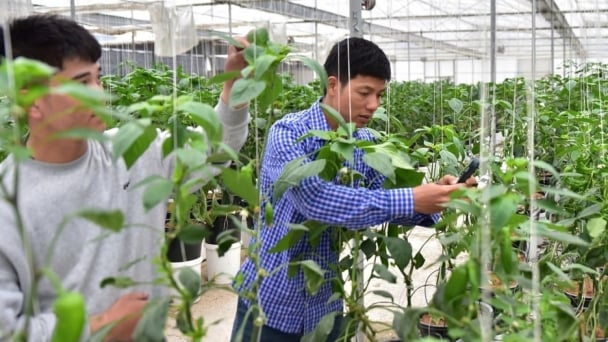
(VAN) The Smart Farming for the Future Generation project supports local farmers in releasing natural enemies to promote sustainable and environmentally friendly farming.
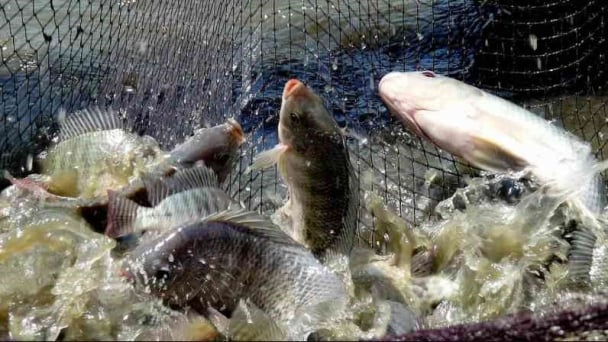
(VAN) Mr. Tran Dinh Luan said that tilapia is entering a favorable phase, opening up opportunities to develop a value chain and increase seafood export value.
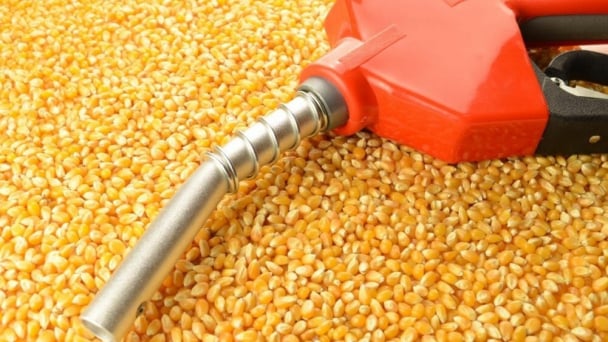
(VAN) More African countries have mandated the implementation of policies backing the blending of ethanol in gasoline as the continent invests in projects promoting new industrial uses for locally produced grains.
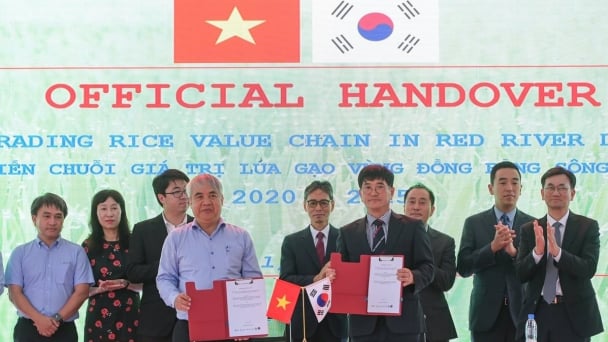
(VAN) On 28 April, Korea officially transferred the Upgrading Rice Value Chain in Red River Delta project to Vietnam, marking five years of successful cooperation in agricultural development between the two countries.
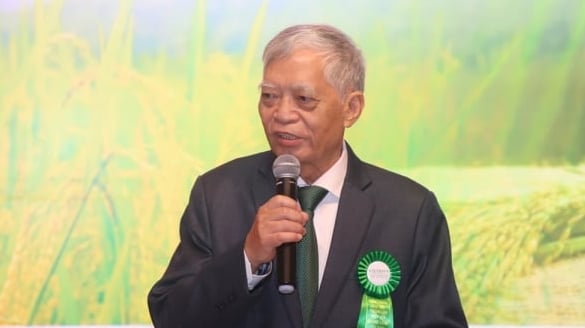
(VAN) Dr. Bui Ba Bong affirmed that the 1 million hectares of high-quality, low-emission rice project aims at increasing farmers' income.
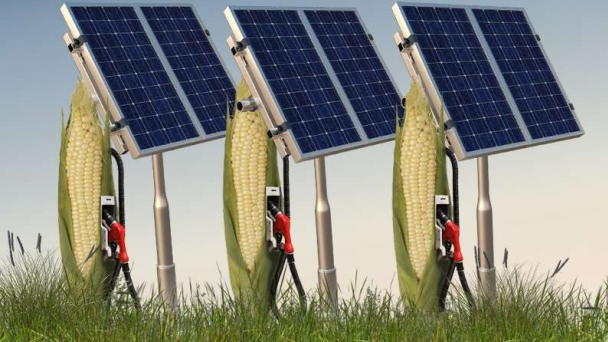
(VAN) In fact, it would require about 31 hectares of corn ethanol to produce the same amount of energy generated by one hectare of land covered in solar panels.